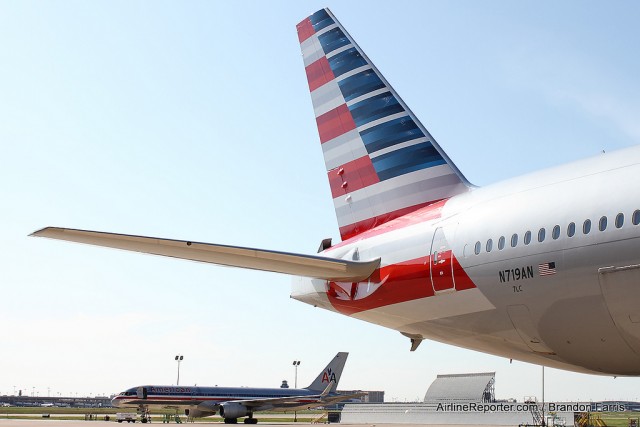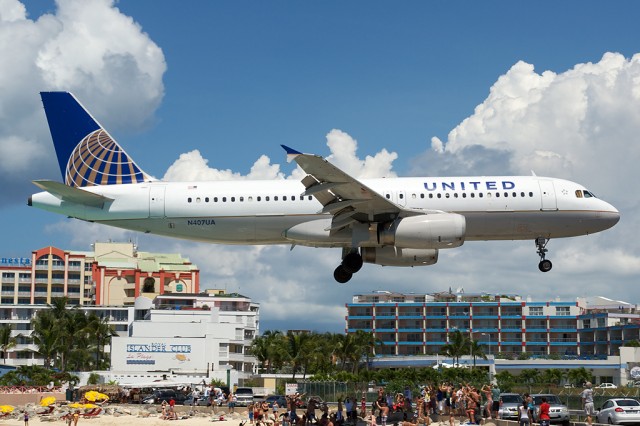It's always worth checking out if you can stay in your connection city on a
stopover for a few days, especially if it's a city you enjoy or have never been to before. Even if a stopover isn't allowed, sometime's a longer connection time ("
layover") is permitted.
 |
| Use layovers to visit places like Hong Kong, Los Angeles, and Tokyo. |
Being based in the US, I primarily fly American Airlines (AA), especially to get to an Asia gateway airport on my way to Vietnam.
I've found that on most AA international fares, or fares that include an international segment, so long as you are scheduled to be in your connecting city for less than 24 hours, it's not considered a stopover and therefore doesn't increase the price of your ticket by
breaking your ticket up into two separate tickets (if stopovers aren't allowed). This "trick" works on many other airlines as well.
Typically on a purely domestic itinerary, AA generally requires you to take a connecting flight within 4 hours of your arrival at the connection city.
What I've found to be great this use of this layover rule is that it's
scalable.. that is to say, the layover rule applies to
all your connection points made en route, including any connections in the US. You can spend up to 23 hours, 59 minutes after your schedule arrival in each city, and
it may cost exactly the same base fare (there are some variances in taxes and fees).
To illustrate: Let's say you are starting in Dallas (DFW) and in Tokyo-Narita (NRT) on your way to Saigon. A typical sample itinerary may look something like this:
 |
| Click to enlarge. Image source: ITASoftware |
A standard roundtrip, same-day connections at each connection city, nothing out of the ordinary, prices out at US$873.
Now, what if you wanted to visit, say, Los Angeles for whatever reason (you've never been, you want to grab dinner with friends, you miss your family, etc.). This is what happens when I price the itinerary with an overnight layover at LAX Airport:
 |
| Click to enlarge. Image source: ITASoftware |
Notice that I'm scheduled to spend about 21 hours overnight in Los Angeles starting in the late afternoon, giving me enough time, e.g., to pickup my rental car, head to the beach for a couple of hours, grab dinner, grab plenty of sleep, go for a run along another beach, and grab breakfast, all before heading back to LAX to hop on my flight to NRT.
All this for the fare price of $890, or a mere $17 increase from the original boring itinerary, which is just the difference in taxes and airport fees.
If you're lucky, AA may even check your luggage (two free for all, by default) all the way to SGN, so you don't have to deal with it on your long layovers.
This is what happens if I decide to spend a few extra hours in Tokyo before heading to Saigon:
 |
| Click to enlarge. Image source: ITASoftware |
Instead of a 1.5 hour connection in Tokyo, I now have 9 hours to visit, and it only added US$12 to the previous total. Granted, there's a change in airport, but 9 hours is a lot of time to be able to explore the city before heading to Haneda Airport (HND), which is situated much closer to the central city areas.
Finally, if you wanted to go all crazy on both the outbound and return legs, this is what you can do:
 |
| Click to enlarge. Image source: ITASoftware |
As you can see here, on the way home back to DFW, I added a 23h05m layover in San Diego and a 23h19 layover in Chicago, all for a mere $51 increase from the original boring itinerary!
Scalable...
Obviously, this type of trip isn't for everyone. I personally like taking the opportunity to get a taste of the cities I visit, even if just for a little bit. I figure, if I'm going to fly hours to get to some city, why not leave the airport for a little bit?
There are a few caveats to be aware of:
- Your fare type (shown as "Q" in the examples above) must be available on all your flight segments.
- Individual fare rules dictate layover maximum, number of connections, etc.
- Remember to keep it at 23 hours, 59 minutes or under. If you hit 24 hours, your connection becomes a stopover, which may trigger a stopover fee or break the fare into two separate (and usually more expensive) fares.
- You'll actually have to price and ticket this itinerary, either by manipulating AA.com or another travel site, using the "multi-city search" feature, or by having an AA agent (phone or airport) ticket what you want. Having an AA agent involved incurs a fee ($35 right now per passenger, but it's going up to $45 soon).
- This layover trick exist on other airlines as well, though your experience may vary.
If you know the rules, you can fully maximize your trip potential without adding much cost. It's a great way to experience new cities, or revisit favorite ones.
Let me know if you have any success with your long layovers!



































